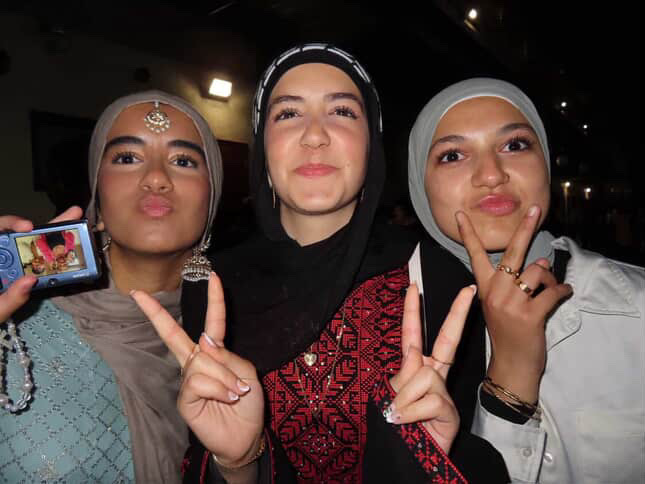Chinese New Year, also known as the Spring Festival, is a momentous celebration marking the beginning of the lunar new year in the Chinese calendar. This festivity typically falls between January 21 and February 20, signaling the end of winter and the arrival of spring. This celebration is characterized by a rich tapestry of traditions, where families come together for a reunion dinner on the eve of the new year, emphasizing unity and prosperity. The festival spans 15 days, with each day holding unique customs such as dragon and lion dances, fireworks, and the giving and receiving of red envelopes (hongbao) containing money for good luck. Homes are adorned with red decorations, symbolizing joy and good fortune, while feasts feature symbolic dishes. The Chinese New Year is a time for reflection, honoring ancestors, and embracing optimism for the future, with each year associated with one of the twelve zodiac animals, rotating in a cycle. It is a truly vibrant and culturally significant time, celebrated not only in China but also by Chinese communities worldwide.
In the vibrant celebration of the New Year’s Dragon Year, communities come alive with a sense of energy and optimism. Symbolizing strength, good fortune, and prosperity, the dragon takes center stage in various cultural festivities and parades. The air is filled with the rhythmic beat of drums and the vibrant colors of traditional dragon dance costumes, as people gather to usher in the auspicious year. Families and friends unite, sharing hopes for a year filled with success and happiness. The dragon, a revered creature in many East Asian cultures, embodies the spirit of renewal, making the New Year a time of reflection and anticipation for the promising journey ahead.
- Chinese Zodiac Cycle: The New Year’s Dragon Year is part of the Chinese Zodiac cycle, which consists of 12 animal signs. Each year is associated with a specific animal, and the dragon is the only mythical creature in the zodiac, symbolizing power, strength, and good fortune.
- Dragon Characteristics: People born in the Year of the Dragon are believed to inherit the dragon’s characteristics, including intelligence, charisma, and a strong sense of responsibility. They are often seen as ambitious individuals destined for success.
- Positive Symbolism: Dragons are considered a symbol of good luck and prosperity in Chinese culture. The dragon’s presence during the New Year is believed to bring positive energy and drive away evil spirits, ensuring a promising start to the year.
- Festive Celebrations: The arrival of the New Year’s Dragon Year is marked by elaborate celebrations, including dragon dances, parades, and vibrant displays of fireworks. These festivities are meant to honor traditions, foster community spirit, and welcome the opportunities associated with the dragon’s auspicious symbolism.
- Compatibility and Incompatibility: According to Chinese astrology, individuals born in the Year of the Dragon are said to be compatible with people born in the Years of the Rat, Snake, Monkey, and Rooster, while they might face challenges with those born in the Years of the Dog and Rabbit.








